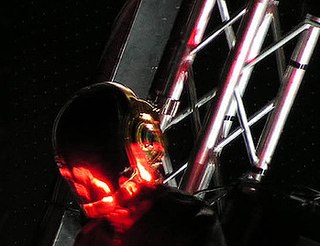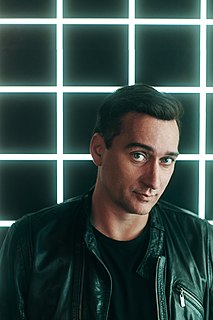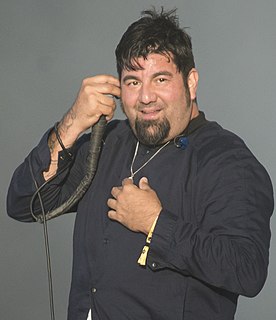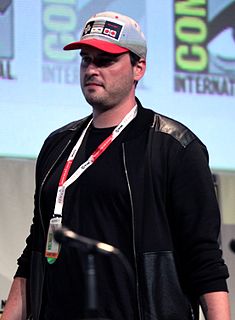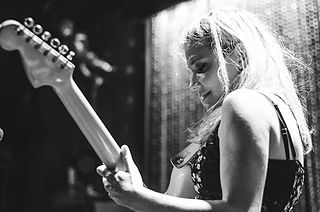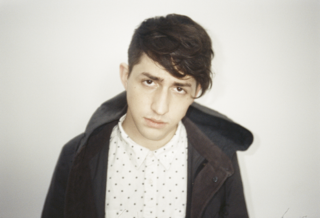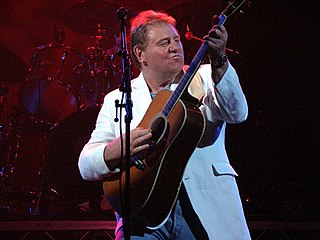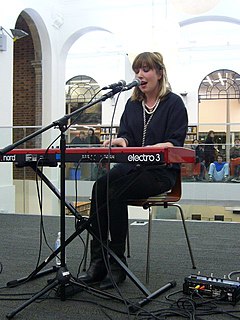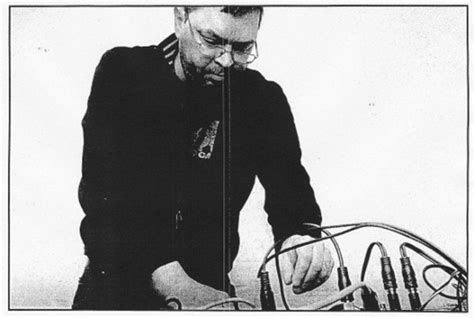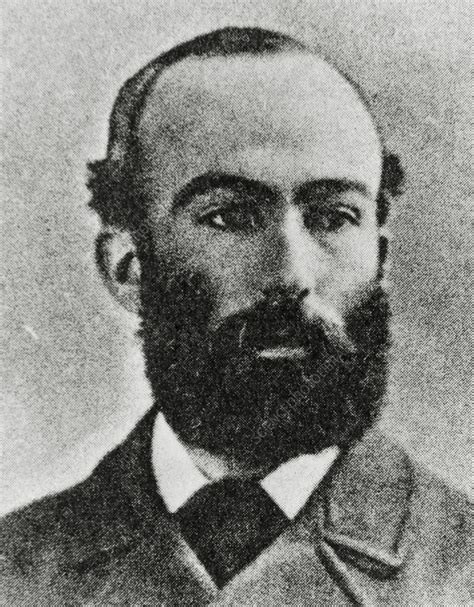A Quote by Guy-Manuel de Homem-Christo
We experimented with stuff that some might find crazy, but we wanted to widen and make the spectrums of influence much larger, because house and electronic music is about freedom.
Related Quotes
In some ways it's hard to see electronic music as a genre because the word "electronic" just refers to how it's made. Hip-hop is electronic music. Most reggae is electronic. Pop is electronic. House music, techno, all these sorts of ostensibly disparate genres are sort of being created with the same equipment.
I'm trying to fly the flag for the days of electronic music where people who are making it are also building the gear because that was what was happening in the very early days of electronic music. And that spirit is one of the things that really appeals to me about electronic music so I'm putting this forward as a way to keep that.
It's very strange how electronic music formatted itself and forgot that its roots are about the surprise, freedom, and the acceptance of every race, gender, and style of music into this big party. Instead, it started to become this electronic lifestyle which also involved the glorification of technology.
I was listening to a lot of really early house music tracks. Like Chicago house and Detroit. And Marshall Jefferson has a track probably from 1980 - somewhere around there - that doesn't actually have any electronic instruments, no drum machines, nothing. Just a drummer and a piano player and they're playing this house music, but they're actually playing it. I really love that aesthetic and wanted to bring that into the album.
In the 80s, if you wanted to make electronic music, it was a much tougher and more expensive process. For many people it would involve either spending loads of money on gear or else cutting demos in a proper studio. But I had this Casio keyboard and tape recorder and used to do stuff in my bedroom - I'd listen to Mantronix and all that. That was what I had so that's what I used.
